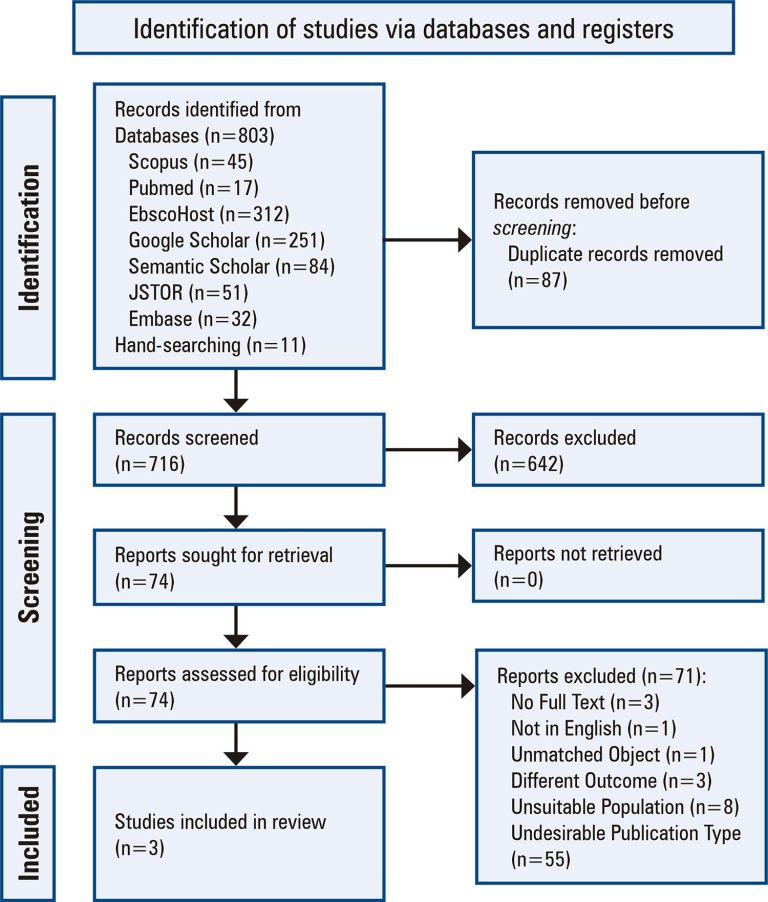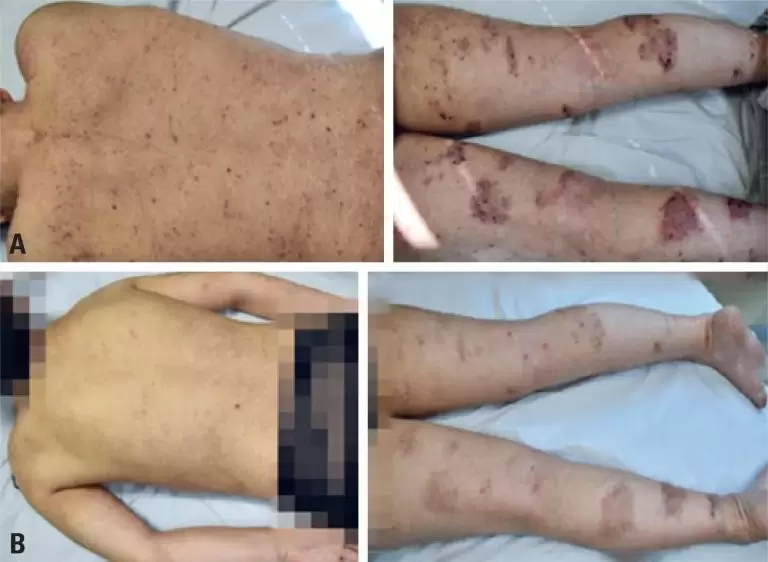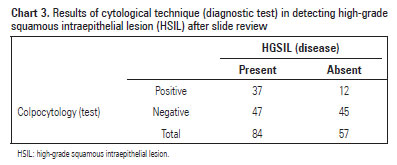13/Nov/2025
Off-label use of thalidomide in children with Crohn’s disease and inflammatory bowel diseases
DOI: 10.31744/einstein_journal/2025RW1270
ABSTRACT Thalidomide exerts immunomodulatory properties that may be used to treat various conditions. Although its effectiveness in treating Crohn’s disease in pediatric patients has been reported, its safety for off-label use is not well established. This study aimed to analyze the efficacy and safety of thalidomide in children and adolescents with inflammatory bowel disease, specifically Crohn’s and ulcerative colitis. A narrative review of clinical trials and observational studies published between January 2001 and May 2023 that investigated thalidomide use in […]
Keywords: Child; Colitis, ulcerative; Crohn's disease; Efficacy; Inflammatory bowel diseases; Off-label use; Safety; Thalidomide
10/Nov/2023
Efficacy and safety of medical cannabinoids in children with cerebral palsy: a systematic review
DOI: 10.31744/einstein_journal/2023RW0387
ABSTRACT Introduction The increasing popularity of cannabinoids for treating numerous neurological disorders has been reported in various countries. Although it reduces tetrahydrocannabinol psychoactivity, it helps patients tolerate higher doses and complements the anti-spasmodic effects of tetrahydrocannabinol. One of the most important potential of cannabinoids are related to its potential to help children with cerebral palsy, a contributor of lifelong disability. Therefore, this systematic review aimed to assess the efficacy and safety of medical cannabinoids in children with cerebral palsy. Methods […]
Keywords: Cannabinoids; Cerebral palsy; Child; Efficacy; Patient safety; Safety
28/Apr/2021
Efficacy and safety of dupilumab in two adolescents with severe atopic dermatitis
einstein (São Paulo). 28/Apr/2021;19:eRC6064.
View Article28/Apr/2021
Efficacy and safety of dupilumab in two adolescents with severe atopic dermatitis
DOI: 10.31744/einstein_journal/2021RC6064
ABSTRACT We report the cases of two adolescent siblings with severe atopic dermatitis, who, despite weighing approximately 40kg, presented a good response to dupilumab with the off-label dose for individuals aged 12 years and weighing 60kg. Both had already used cyclosporine, azathioprine, methotrexate and oral corticosteroids for long periods, plus topical treatments with no adequate disease control. Skin lesions were constant and widespread, with frequent skin infections and very poor quality of life, with numerous physical and psychosocial consequences, such […]
Keywords: Adolescent; Azathioprine; Conjunctivitis, allergic; Dermatitis, atopic/drug therapy; Dermatologic agents; Dupilumab; Efficacy; Immunosuppressive agents; Safety; Severity of illness index
19/Sep/2012
Results of a control quality strategy in cervical cytology
DOI: 10.1590/S1679-45082012000100018
OBJECTIVE: To determine the efficacy of a quality control strategy in cervical cytology in the detection of high-grade squamous intraepithelial lesions. METHODS: Forty-two patients were selected who underwent a Pap smear and cervical uterine biopsy between April 2008 and December 2009, with evidence of a high-grade squamous intraepithelial lesion in one or both tests. The statistical parameters of the smear test were calculated before and after systematic meetings for review of the archived test results (6 years), in which the […]
Keywords: Cervix uteri; Efficacy; Intraepithelial cervical neoplasia; Quality control
01/Jul/2010
Efficacy and toxicity of mitoxantrone and oral etoposide in the treatment of hormone-refractory prostate cancer: pilot study
DOI: 10.1590/S1679-45082010AO1622
ABSTRACT Objective: To evaluate the efficacy and toxicity of the association of mitoxantrone and oral etoposide. Methods: Twelve consecutive patients with metastatic hormone-refractory prostate cancer were treated with mitoxantrone and oral etoposide. Toxicity, response rate and response duration were assessed. Results: Partial response was observed in two patients (response duration of seven and four months) and one patient had stable disease (during four months). Mitoxantrone and oral Etoposide were well tolerated and did not affect tolerability to subsequent chemotherapy. Conclusion: […]
Keywords: Drug therapy, combination; Efficacy; Etoposide/therapeutic use; Etoposide/toxicidade; Mitoxantrone/therapeutic use; Mitoxantrone/toxicity; Neoplasm metastasis; Prostatic neoplasms/drug therapy




